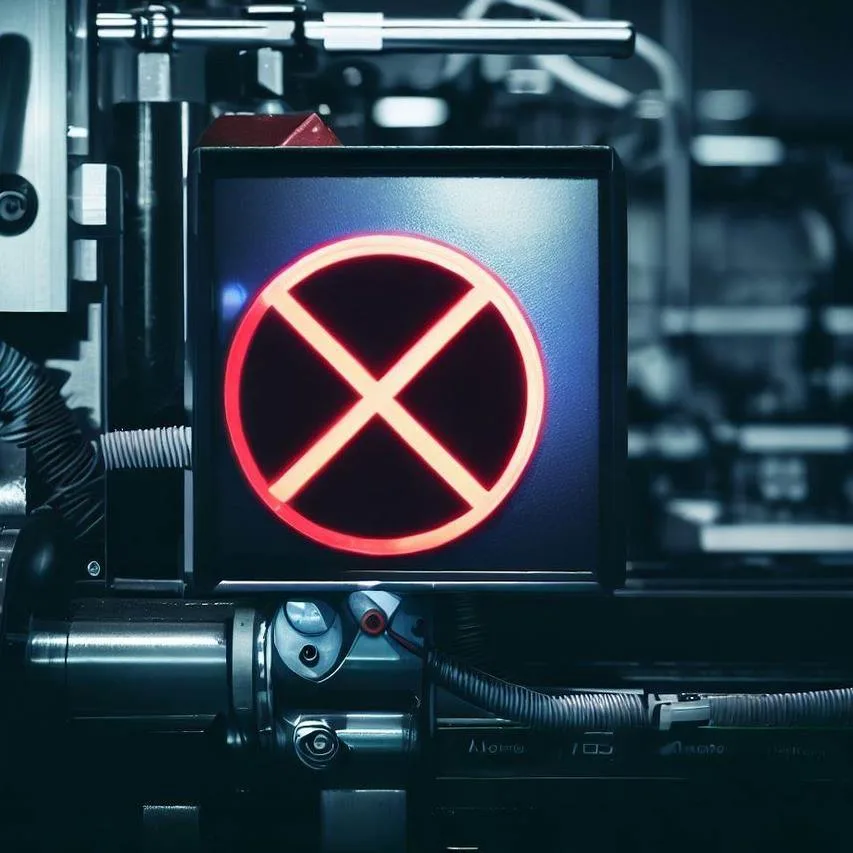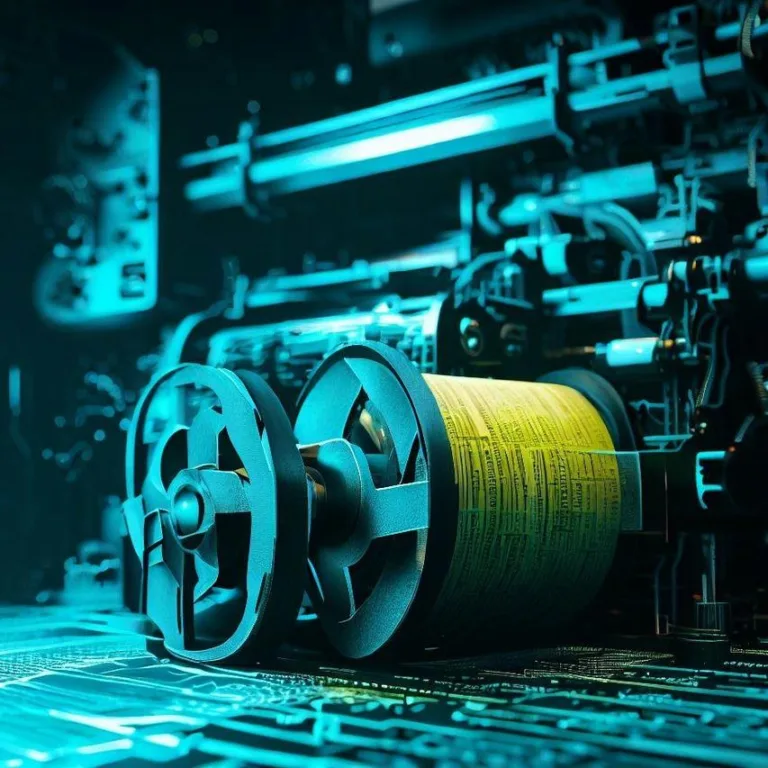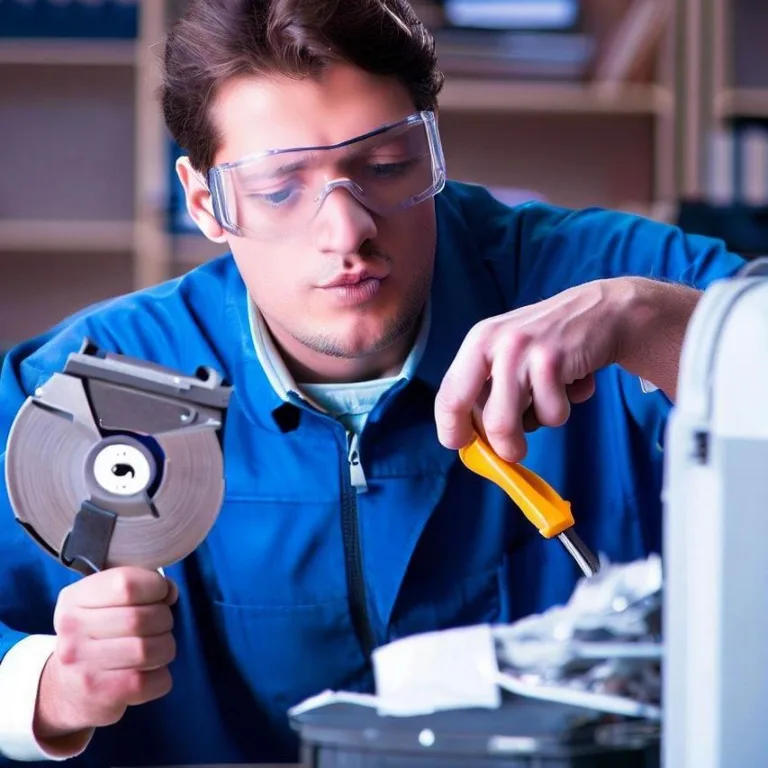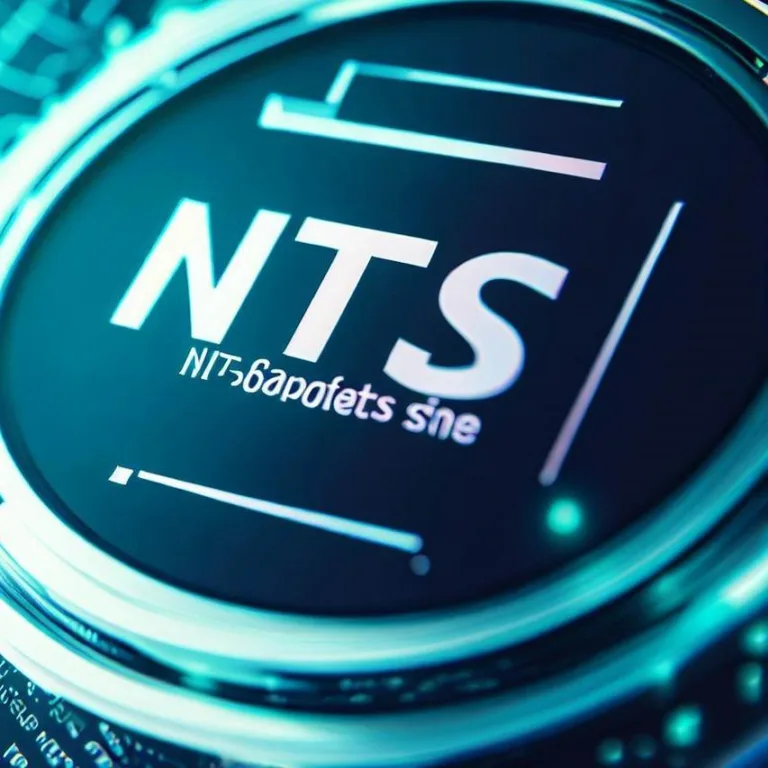Welcome to our comprehensive guide on the topic of machine check exceptions. In this article, we will delve into the intricacies of machine check exceptions, exploring what they are, why they occur, and how to effectively troubleshoot them. Whether you’re a seasoned computer enthusiast or a curious learner, this article aims to provide you with a clear understanding of this technical subject.
What is a Machine Check Exception?
A machine check exception (MCE) is a type of computer hardware error that occurs when the CPU detects an unrecoverable hardware problem during its normal operation. These exceptions are typically triggered by issues related to the CPU, memory, motherboard, or other vital components of a computer system. When an MCE occurs, the system’s hardware generates an interrupt, and the operating system kernel is notified.
Common causes of machine check exceptions
There are several potential causes for machine check exceptions, including:
- Overheating of the CPU or other components
- Hardware malfunctions or defects
- Memory corruption or failure
- Power supply issues
- Bus errors between components
Identifying machine check exceptions
Machine check exceptions are usually identified through error codes and logs generated by the system. These codes can help technicians pinpoint the source of the issue. Additionally, operating systems and BIOS firmware may provide information about the specific hardware component that triggered the exception.
Troubleshooting machine check exceptions
When dealing with machine check exceptions, a systematic approach is essential:
-
Cooling and Ventilation: Ensure that your computer’s cooling system is functioning correctly and that all components are adequately ventilated. Overheating can often lead to MCEs.
-
Hardware Inspection: Thoroughly inspect hardware components for any signs of damage or improper connections. Reseat components like RAM, CPU, and GPU.
-
Memory Test: Run memory diagnostics to identify potential memory issues. Faulty RAM can be a common cause of machine check exceptions.
-
BIOS and Firmware Update: Ensure that your system’s BIOS and firmware are up to date. Manufacturers often release updates that address hardware compatibility and stability.
-
Power Supply Check: Verify that your power supply is providing stable and adequate power to all components.
Frequently Asked Questions (FAQs)
Q: Can software errors cause machine check exceptions?
A: No, machine check exceptions are specifically related to hardware errors that the CPU detects. They are not caused by software issues.
Q: Are machine check exceptions fixable by the end user?
A: In some cases, users can resolve machine check exceptions by addressing hardware-related problems, such as overheating or improperly seated components. However, more complex hardware defects might require professional intervention.
Q: Can overclocking lead to machine check exceptions?
A: Yes, overclocking can increase the likelihood of machine check exceptions, as it puts additional stress on the hardware components. Reverting to default clock speeds might help alleviate the issue.
Q: If I experience occasional machine check exceptions, should I be concerned?
A: Occasional MCEs could be triggered by various factors, including temporary glitches. However, if you notice a consistent pattern of machine check exceptions, it’s advisable to investigate and address the underlying hardware problem.
By understanding machine check exceptions and following effective troubleshooting steps, you can maintain the stability and reliability of your computer system. Remember that hardware issues can be complex, so if you’re unsure, seeking professional assistance is a wise course of action.







